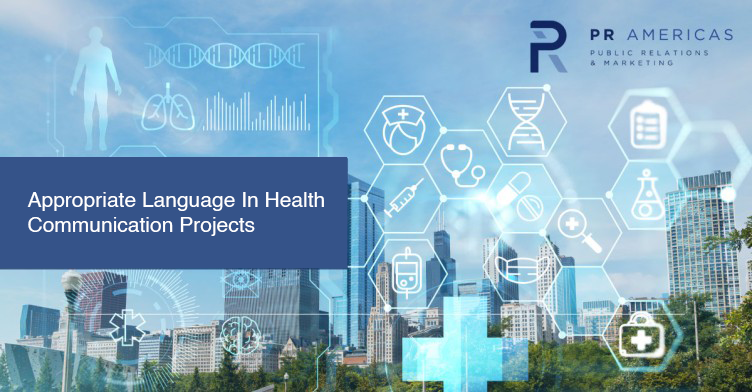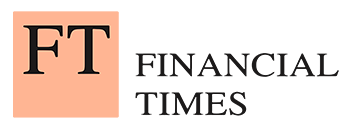
Effective communication ensures not only the transmission of ideas and thoughts, through messages that encourage understanding, but decision-making and openness to change. Communicating is knowing how to share information and, for an assertive interaction, clear objectives are needed, such as establishing concepts about what you want to say, who you want to reach and where the message should be propagated.
What changes when communication is linked to health promotion? When well managed, health communication achieves the purpose of educating the patient and society as a whole. Based on the relevance of communication as a tool to disseminate campaigns, ideas and solutions to health workers’ services, it is necessary to implement a 360° dialogic communication – which includes encouraging appropriate and more assertive terminologies when dealing with a pathology and breaking stereotypes by approaching each topic with the necessary seriousness.
A good example is the substitution of words like “fat” or “obese” for obesity, demystifying the idea that being overweight is a voluntary condition of the individual. Likewise, “insulin dependent” or “diabetic”, to cite other examples, are inappropriate ways of referring to people with such pathologies. It is necessary to pay attention to the use of language forms not only for the public’s understanding, but not to create more stigmas.
In addition, health communication is important to encourage a healthy life, much more than just promoting a service or institution. It encompasses the use of communication strategies to inform and influence the decisions of individuals and communities in order to promote their health, contributing to the prevention of diseases and improvement of the quality of life.
Therefore, the credibility of specialized information sources must be verified, in addition to the use of the Code of Medical Ethics and Resolution 1701/03, of the Brazilian Council of Medicine, which regulates the subject, aiming to curb undue or misleading publicity, sensationalism, the public exposure of patients, the commodification of medicine and the practice of unfair competition between physicians. Structuring health communication is establishing an ethical relationship with the media; whether through press relations, digital marketing or any other form of communication, it is essential to be aware of the impact that information can have on society.
In addition to ethics, specialized management is necessary for the health communication strategy to be effective. The importance of specialized health advice encompasses the fight against misinformation, with content strategies aimed at brand credibility, quick and solid responses and the deconstruction of false information, bringing counterpoints based on the vision of specialist doctors. This is the case of content marketing, an effective way of disseminating information relevant to health and quality of life, increasing the visibility of the doctor or institution among its audience and enhancing its reputation.
By: Fernanda Martinelli, Public Relations – PR Consulting Global




